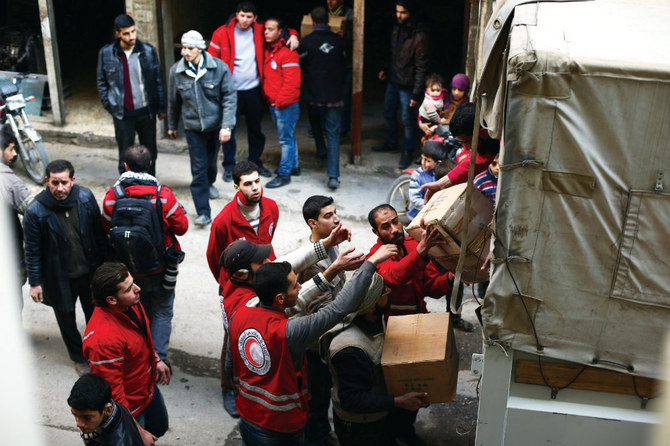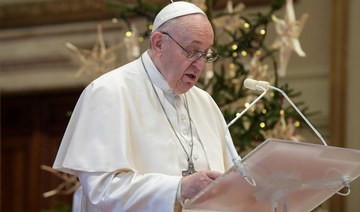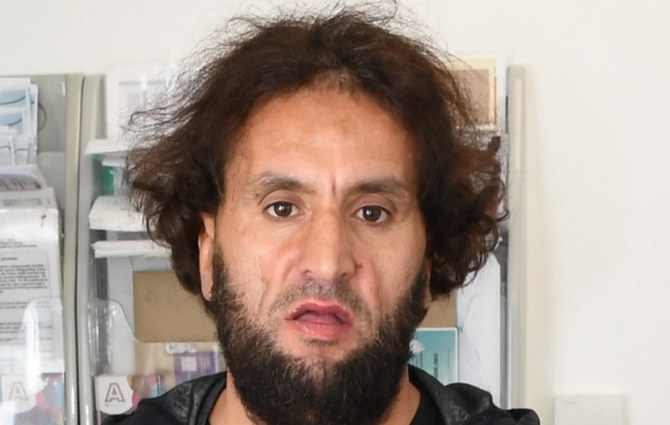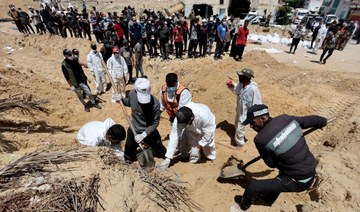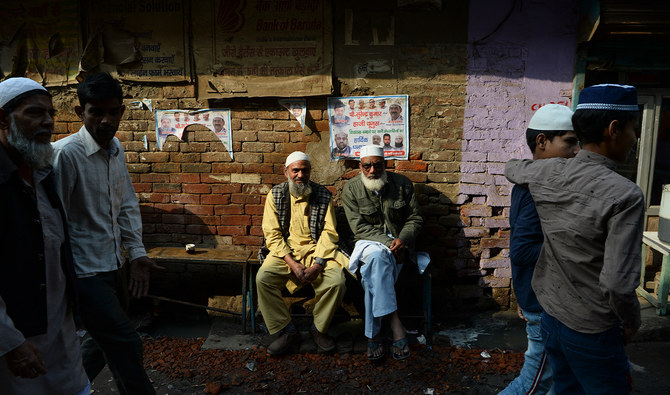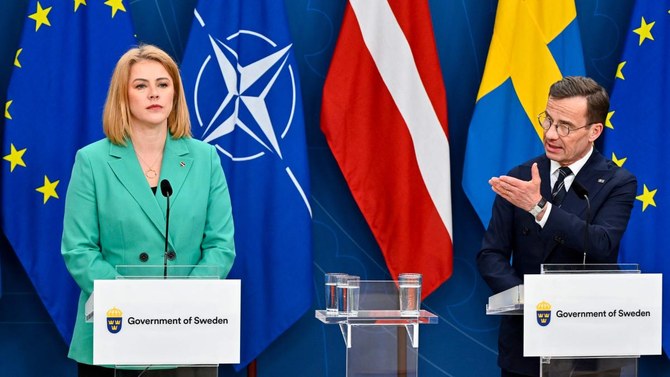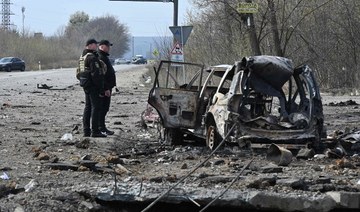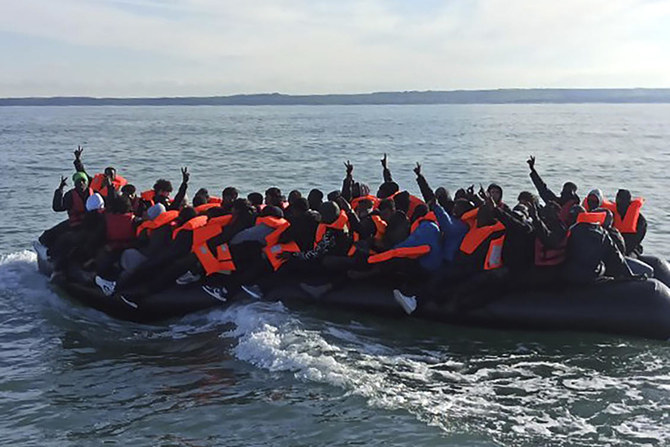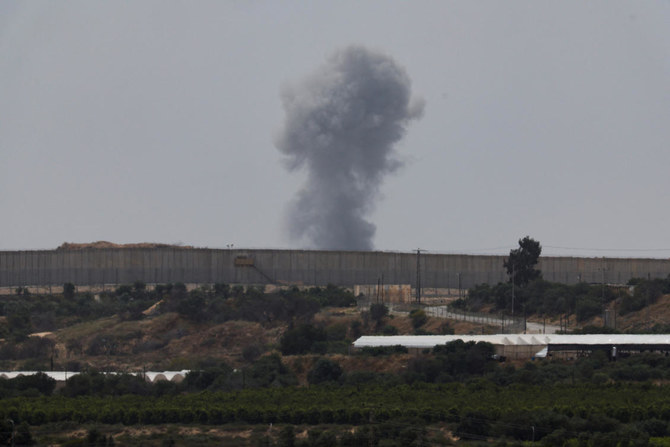DUBAI: Access to medical care is among the surest indicators of a country’s economic health and the quality of life it has to offer. It was therefore only a matter of time before initial excitement over the flurry of new COVID-19 vaccines gave way to probing questions about their fair distribution across the world.
Some international public-health experts are concerned the best vaccines are being snapped up by countries with the means of purchasing, stockpiling and storing them, while others are forced to wait months or even years for cheaper, lower-quality variants.
“One of the main concerns was highlighted at the beginning of the pandemic with high-income countries going into bilateral agreements with vaccine manufacturers to procure vaccines while low-income countries are left behind,” Abdinasir Abubakar, head of the Infectious Hazard Management Unit at the Cairo office of the World Health Organization (WHO), told Arab News.

Indeed, several industrialized nations, including the UK and US, have ordered large supplies of the most expensive vaccines, developed using revolutionary new techniques, and have participated in clinical trials, earning them preferential access. Poorer nations, meanwhile, are likely to opt for cheaper, more conventional stock, and may be forced to await donations and bargain prices from their more powerful allies.
“This is the reason why the WHO and partners established the COVAX facility to equitably distribute vaccines among all countries in a way that would cover 20 percent of their respective populations, starting with high priority groups,” Abubakar said.
COVAX, an umbrella covering nearly 188 countries, is a “global initiative that brings together governments and manufacturers to ensure eventual COVID-19 vaccines reach those in greatest need, whoever they are and wherever they live,” according to the WHO.
Regardless of this multilateral safety net, many observers say the vaccine train has a first-class carriage serving the wealthy nations, while the developing world crams into economy.
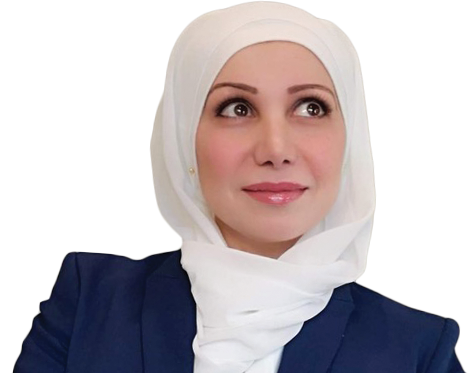
Research scientist Mais Absi.
“The last thing I hope to find is that rich countries have the Pfizer/BioNTech and Moderna vaccines and the rest of the world have more of a traditional vaccine,” Mais Absi, a research scientist at London’s King’s College Hospital, told Arab News. “This is purely based on the cost and the challenge based on the transportation of the vaccine.”
Some of the new vaccines must be stored at ultra-cold temperatures in special containers packed with dry ice — conditions which may be too costly and cumbersome for poorer countries.

Prices also vary widely. A full breakdown was recently leaked by a Belgian minister, Eva De Bleeker, who accidentally tweeted the cost paid for each vaccine by the European Union.
According to press reports, the EU paid 12 euros per dose for the Pfizer/BioNTech vaccine, $18 for Moderna, 10 euros for Germany’s CureVac, $8.50 for America’s Johnson & Johnson, 7.56 euros for the French-British Sanofi/GSK, and just 1.78 euros for the UK’s Oxford/AstraZeneca.
With so many vaccine candidates emerging, governments should in theory be free to shop around for the best shots to suit their needs. But in practice, poorer nations may find themselves rummaging through the vaccine equivalent of a bargain bin.
Pharmaceutical consultant Khawla Abu-Izza, owner of US-based Bayview CMC Consulting, agrees there is an intrinsic inequality. “Differences in terms of cost and storage conditions might impact which countries get which vaccines,” she told Arab News.
However, Abu-Izza says this does not mean vaccines developed by Russian and Chinese scientists using cheaper, tried and tested techniques will not be as effective as the American and European creations.
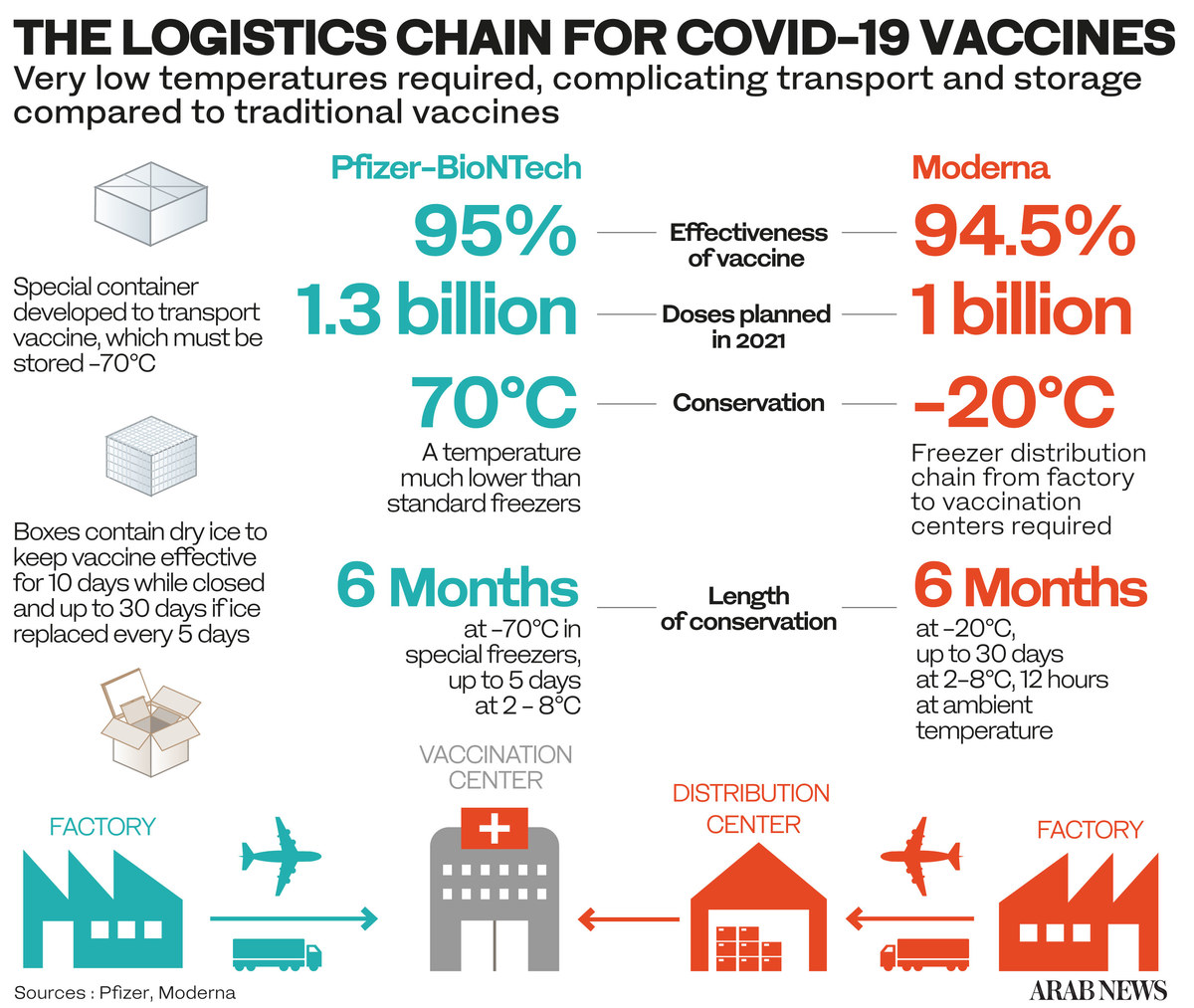
“The Pfizer/BioNTech vaccine and Moderna vaccine are likely the two most expensive vaccines, but we may have comparable efficacy from other vaccines made using conventional technologies,” she said. “So, the less expensive vaccines aren’t necessarily worse. We haven’t seen their data yet.”
Abu-Izza says the price of vaccines will inevitably come down with time, giving the developing world more choice and greater access.
“New drugs are always expensive, not because of the manufacturing costs but mainly because of the research and development cost,” she said. “Each company spent at least several hundred million dollars, so they need to recoup their expenses and make a profit.
“As for the conventional vaccine technologies used by other companies, including the Oxford/AstraZeneca vaccine, there is a lot of competition. It’s only a matter of time before we see multiple sources from India, China and several other countries of COVID-19 vaccines using conventional technology.”
______________
Twitter: @jumanaaltamimi





